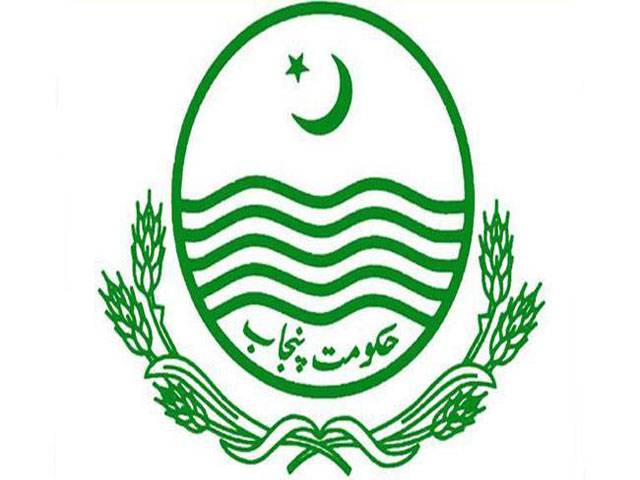ISLAMABAD - The government on Wednesday announced ending upfront tariff for the projects based on indigenous renewable energy resources and to award future power generation contracts through competitive bidding process.
After December 12, it is not the responsibility of government to purchase electricity from the renewable energy projects, with upfront tariff or with previous arrangements, that have not signed Implementation Agreement (IA) with the government and they have to get the contract through competitive bidding, announced the federal minister for power, Awais Laghari in a press conference here.
Flanked by Minister of State Chaudhry Abid Sher Ali, Laghari said that the under the renewable energy policy 2006, upfront tariff regimes were introduced for induction of a new technology and to overcome power shortage. As the technology is evolved and technical data is available, it is high time that the regime of tariffs is changed and more competition is brought to these sectors while promoting and incentivizing introduction of renewable in the national grid.
He said that earlier special rates were offered to the power generation companies in shape of upfront tariff which has encouraged these companies for investment in Pakistan. The situation has improved, as the country has surplus electricity, and the CCOE has permitted to change those rules. “Previously the decisions regarding power policy were taken in emergency when the system was in ICU but for the first time we have the opportunity to make decision with maturity,” the minister said.
The Renewable Energy Policy 2006 (amended 2013) covers projects under solar, wind, bagasse and small hydel sources. The policy specifies mandatory purchase of electricity, hydrology risk for small hydropower projects to be borne by power purchaser and wind speeds and solar risk to be borne by power purchaser. The prevailing tariff regimes are either upfront or cost plus where the wind upfront tariff is now Rs6.74 per unit, bagasse tariff now is Rs7.97 per unit, small hydel upfront tariff is about Rs12/unit. It is expected new tariff will be lower through competitive bidding. “It’s time to fulfill our promise of cheap electricity to the consumers and now investors would be invited for the competitive bidding to get the lowest rates and pass on maximum benefit to consumers,” Laghari said.
Now it has been decided to produce cheaper electricity to facilitate consumers the government will amend the RE policy 2006, for which power generation through renewable energy resources like wind, solar, biogas and small hydel plants will be carried under an open competitive bidding process. Hydle power plants with less than 50 MW generation capacity have to go through competitive bidding,” he said.
According to the minister, following amendments are proposed in 2006 RE policy, the risk of variability in speeds (for wind power projects) shall be borne by the power producer/seller, the risk of solar irradiation (for solar power projects) shall be borne by the power producer/seller; projects on solar, wind, bagasse and small hydel regimes will be through competitive bidding. For all new small hydel power projects, the induction of all projects will be through competitive bidding. Also the hydrology risk associated with the projects will be borne by the power seller.
The change in policy is not going to discourage the investment in any way and within eight weeks you will see the competitive bidding for award of generating 400 megawatts wind and 600MW solar electricity, the minister claimed. He said that the new policy will have great impact to meet future energy needs of the country at affordable price. The minister said that this is just the beginning and the government would introduce more such programmes in the coming months.
Replying a question, Leghari said that there was no power outages in any part of the country, except the areas of high line loses.
He said the Power Division was losing some Rs 135 billion on account of line losses mainly due to theft and the burden was being carried by millions of Pakistani. He said that all efforts are being made to stop theft and in this regard he had written letters to the provincial chief ministers to devise a strategy in collaboration with departments concerned involving law enforcement agencies for preventing power theft. Besides, he said that they are also planning to outsource or lease the feeders to prevent power theft.
Minister for state Abid Sher Ali said that 126 feeders in Khyber Pakhtunkhwa were running on 85 percent loss. Besides there is another problem of tripping and low voltage in Mardan, Chakdara, Swat and Dir. He said that the construction of grid was delayed due to the KP government as for three years they were unable to provide land for the grid station. Now the land has been provided and the federal government will complete the project within one year. Setting up of grid stations in Chakdarra will help to end low voltage complaints and tripping these areas, he said. Responding a query about circular debt, Awais Laghari said the government was in process of making payments to independent power producers and hopefully the entire debt would be cleared soon.
He further said that they are going to introduce a computerized system under which every consumer could get details of his meter on mobile to avoid over-billing.






